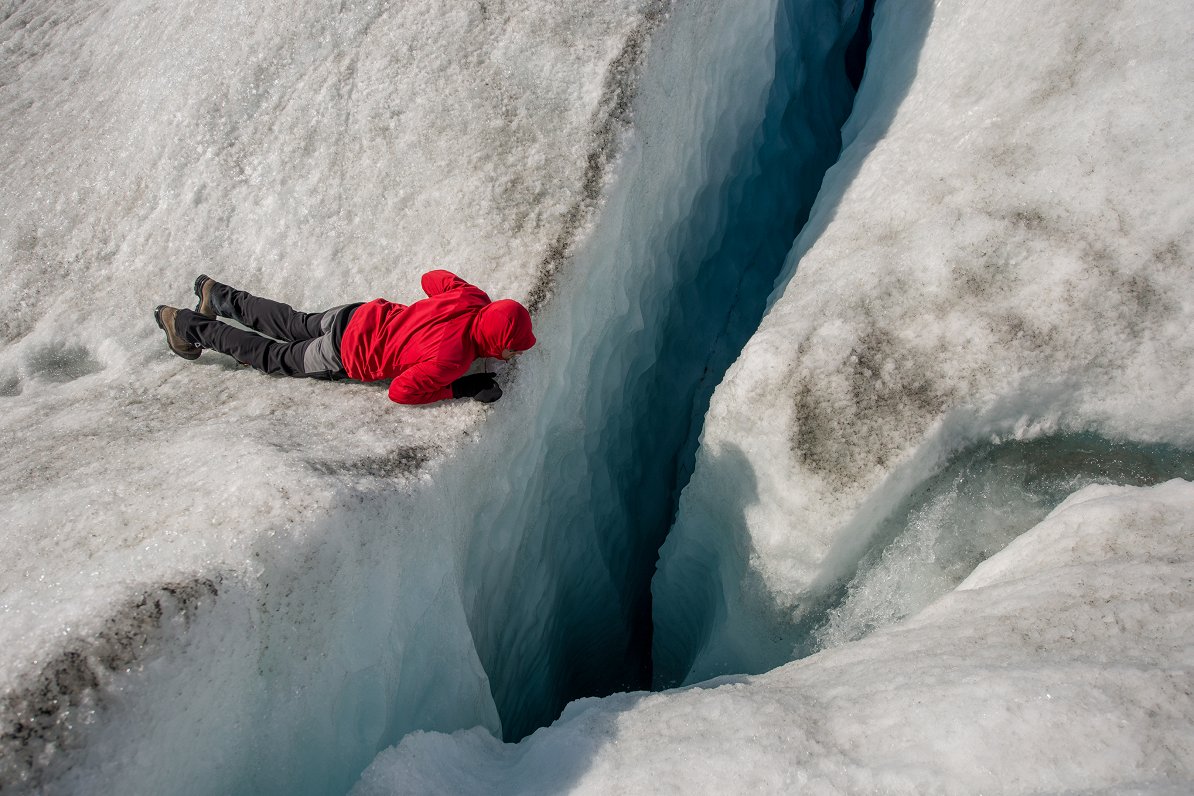This will mark the scientists' sixth expedition to the Polar regions and the first in Svalbard.
The previous expeditions lead the scientists to Iceland, Greenland, and the Antarctica. The journey to Antarctica was made into a documentary which can be watched on Youtube.
Geologists and researchers of the faculty of Geography and Earth Studies of the University of Latvia Dr Kristaps Lamsters, Dr Jānis Karušs, PhD student Pēteris Džeriņs and researcher at the “BIOR” scientific institute Ingus Pērkons will take part in the expedition.
Nicolaus Copernicus University Polar Station, situated on Spitsbergen, the largest island of the Archipelago, will serve as a research base during the expedition. The island will be the farthest northern location where Latvians have studied glaciers to date.
About 60% of the Svalbard Archipelago is covered by ice, parts of which are the so-called surging glaciers. After decades or even 150 years, these glaciers advance upwards at a velocity reaching above ten meters per day.
Whilst most glaciers recede under the influence of climate change, the behaviour of surging glaciers remains an enigmatic phenomenon. Using geophysical methods, such as radiolocation and microseismic imaging, the scientists will determine ice thickness, thermal structure, and the evolution of ice structures. With the help of unmanned aerial vehicles and the Geodar system, three-dimensional glacier models will be created to understand their past dynamics and predict their future behaviours.
The Scientists will be collecting samples in the areas surrounding the glaciers to analyze the presence of a wide range of persistent organic pollutants (POP). The results obtained will allow to characterize the presence of the specific POPs that are subject to migration through atmospheric aerosols, as well as provide in-depth information on the chemical fingerprint left by the specific class of POPs –chlorinated paraffins.
The main sponsor of the expedition is the “Igate” Road Construction Company.





























